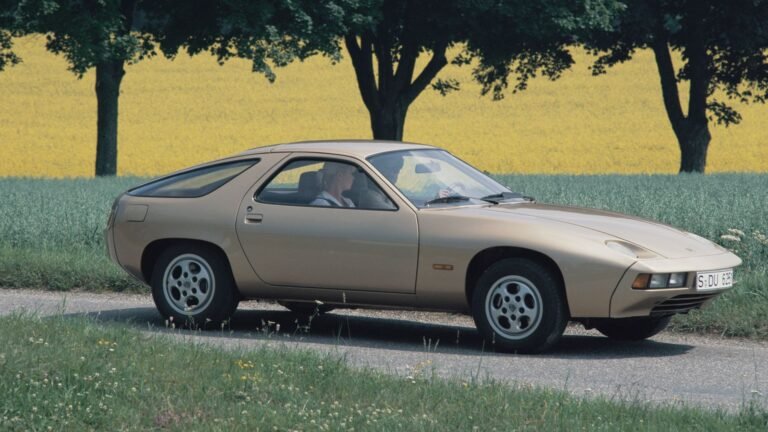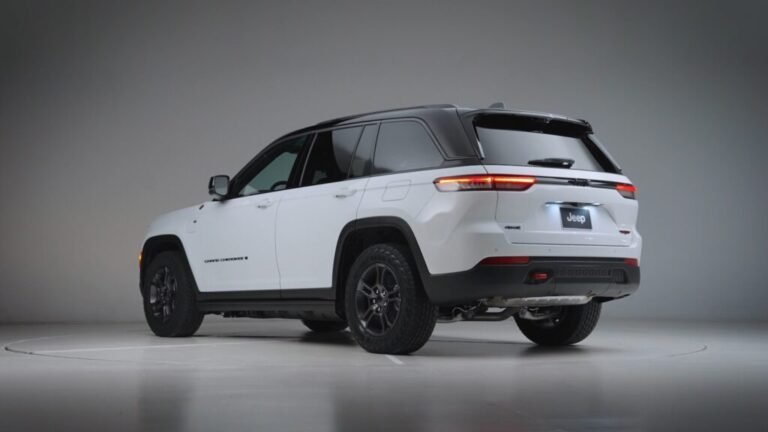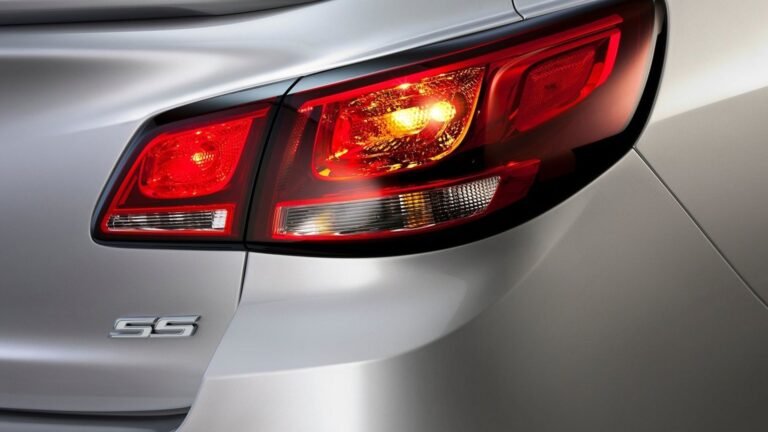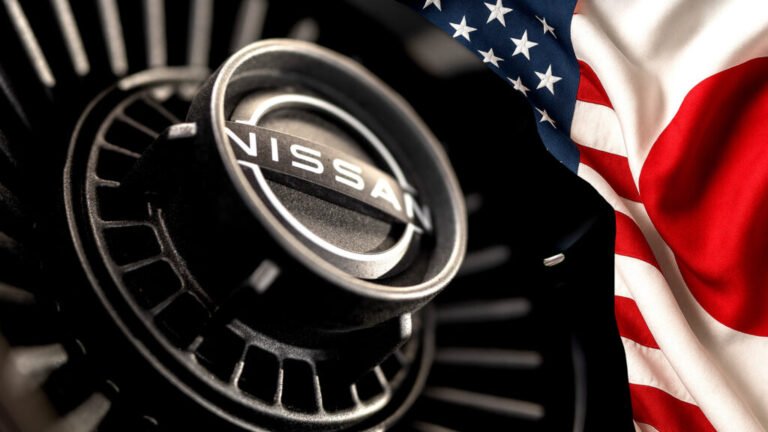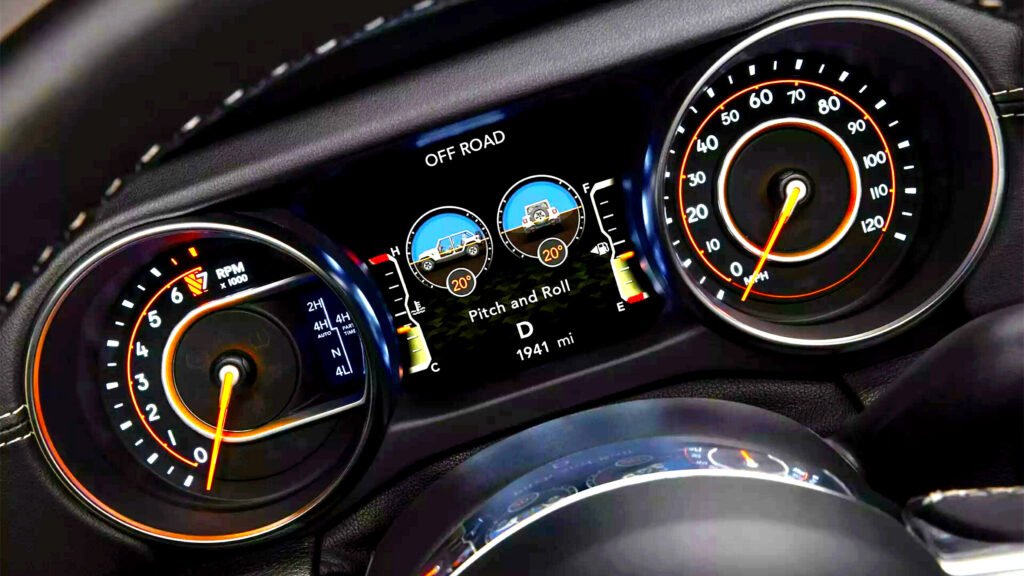

- More than 230,000 Jeep Wranglers and Gladiators are under investigation.
- NHTSA launched a probe after 89 complaints of failing dashboard displays.
- Drivers report blank fuel gauges and missing safety information on-screen.
More than 230,000 Jeep Wrangler and Gladiator models in the United States are now under scrutiny by the NHTSA after reports surfaced of faulty instrument clusters that could trigger a range of malfunctions. It’s not a recall yet, but depending on what investigators find, that could soon change.
Read: Jeep’s Most Expensive SUV Is Now Throwing Its Trim At Other Drivers
The Office of Defects Investigations (ODI) has officially opened a Preliminary Evaluation after receiving more than 89 Vehicle Owner Questionnaires claiming that the instrument display either partially or completely failed during use.
The growing number of complaints was enough to push the agency into action.
What’s Going Wrong?
If the display stops functioning, it may not show the fuel gauge, leaving drivers unaware of how much fuel they have remaining. Beyond the inconvenience, the absence of critical safety data could pose serious risks.
The ODI also notes that the sudden failure of the cluster “may divert the driver’s attention from the driving task, potentially causing a vehicle crash.”
In total, 232,209 Jeep Wrangler and Gladiator models from the 2020 model year are being investigated. Importantly, the NHTSA says it is not aware of any crashes, fires, injuries, or incidents related to the issue.
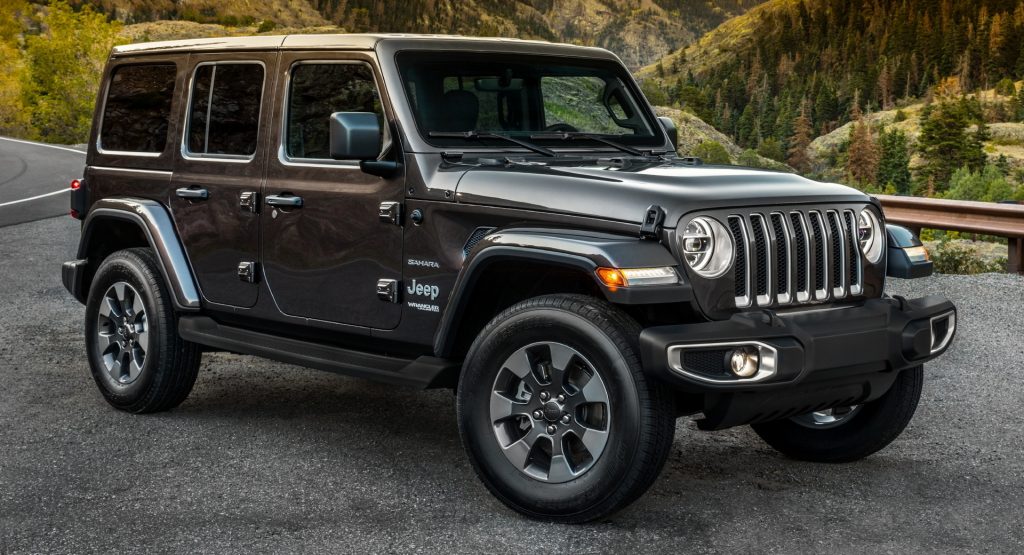
History Repeats
Jeep is no stranger to instrument cluster issues. In September last year, it recalled more than 32,000 Gladiators and Wranglers because the small, 3.5-inch central cluster display may have gone blank without warning.
If that were to happen, it would fail to display things like the speedometer and warning lights, both of which are mandated by Federal Motor Vehicle Safety Standards. In this case, a short circuit was determined to be the cause of the defect.
Management at Stellantis will be quietly hoping they can steer clear of a recall for the more than 230,000 vehicles under investigation, as such an effort would almost certainly come with a steep cost.

